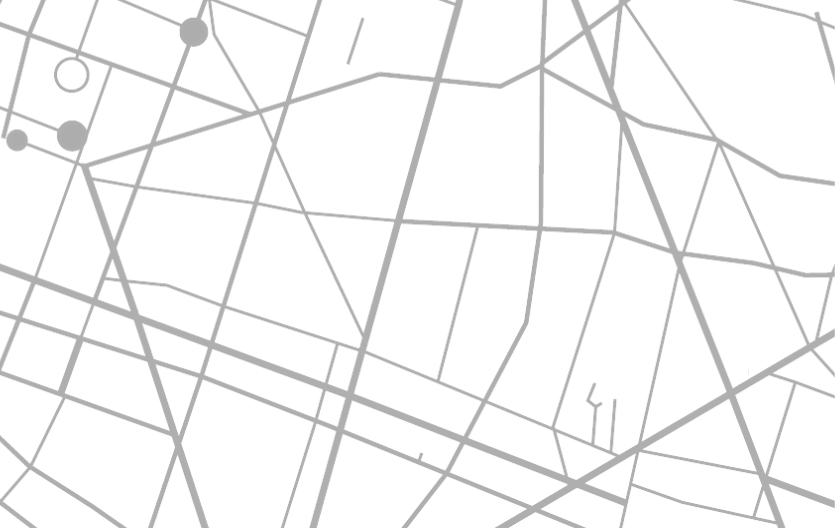 NINETEEN
NINETEEN
TWELVE DAYS EARLIER
Sultan al-Habsi did not have to go personally to the factory in Karabük, Turkey, to see the shipment loaded into the tractor-trailer. But he was here this warm July morning because he wanted it to be known that he had orchestrated every single part of this operation. He wanted his fingerprints on everything. Figuratively, of course, not literally. He wanted—needed—this to be his operation, because there was one person Sultan wanted to prove himself to.
His father.
The crown prince.
He shook thoughts of his father’s judgment from his head just as he had shaken out the thoughts of his brothers’ deaths in Yemen, and then he climbed out of the armored car and followed an entourage of local men and women towards a sterile warehouse. At the door they had to don protective equipment so they would not contaminate the environment inside. Sultan pulled the white fabric over his suit, placed the plastic shoe covers over his feet, and shrouded his face and head in a full mask. Once everyone had done the same, they moved past the warehouse floor and into a large storage and loading area. Here there were several loading bays on the wall, but only one door was open. A tractor-trailer had been backed up to the bay, and armed security men, themselves dressed head to toe in white protective gear, stood by it.
In front of the truck, presented dramatically for al-Habsi’s inspection, were the items he had traveled all the way from the UAE to inspect.
There were forty quadcopter drones, all arrayed on the floor in two arrow-shaped formations. Each of the forty devices was one meter wide and a half meter in height. Packaged together for shipping, he knew they would just fit into the sixteen-meter dry van trailer waiting for them, but first al-Habsi would sit through a lesson delivered by the president of the company.
In truth, he didn’t need the lesson; the Emirati spy chief had read every single page of every single document about the drones. But Sultan al-Habsi wanted his father to learn, once the operation was complete, that his son had personally accompanied the quadcopters on the beginning of their journey, and personally met with the manufacturer after communicating with him for months online.
The Turkish technology company director spoke in Arabic with beaming pride. Less like a salesman and more like a proud parent. “The Kargus. It means ‘hawk’ in Turkish. Designed and made right here. Suicide drone quadcopters. Capable of operating in a swarm of up to twenty, and each unit is able to deliver a three-pound warhead. Top speed is one hundred forty-four kilometers per hour, and the range is ten kilometers on a single charge.
“They can be flown remotely, or they can hover and loiter, and choose their own targets, based on whatever parameters you set up for them.”
He went on for a few minutes, then demonstrated a similar device by flying it off the warehouse floor and into the loading area, positioning it head high in front of the Emirati, its buzzing rotors furiously beating the air for lift.
Sultan stepped closer and put his face centimeters from the camera eye. The crowd laughed when a massive brown eyeball appeared on a screen against the wall.
The director of the company said, “Just as you are inspecting him, he is inspecting you.”
Everyone laughed again.
The demonstration of the drone itself complete, al-Habsi started in with questions.
“The warheads are as we discussed?”
The Turk nodded. “Fifteen high-explosive, fifteen antipersonnel, and ten armor-piercing shaped charges. If your targeting data is good, then you will be able to fly these in any formation you want and deposit the loads within centimeters of your target.”
“Very well.”
More questions followed, questions al-Habsi had the answers to already, but questions that showed everyone in attendance that the Emirati spy chief was intimately well versed in UAV technology.
The payment had already taken place via secure wire transfers through multiple offshore accounts, so there was nothing left to do but watch while each unmanned vehicle was put in its own hard plastic crate, then loaded onto pallets by hand and into the truck by forklift.
Al-Habsi put his hand on the trailer after the doors were shut, and then he watched the vehicle roll off towards the highway.
He had only landed in Turkey an hour and a half earlier, and his private plane was ready to return him to Dubai. Once back in the armored car, he turned to Omar, his deputy director of operations. “Remind me of the route.”
Omar answered back in a subordinate’s voice. “Bulgaria, Serbia, Hungary, Slovakia, Czechia, Germany. Three days’ transportation time, depending on the waits at the border crossings we’ve already cleared with bribes. We are sending two dummy trucks along the same route with the same arrangement. If we run into any trouble with one of those, we’ll have to go to our backup route, but I am convinced the merchandise will be at its final destination in not longer than four days.”
Sultan nodded. “Plenty of time. You will be there when it arrives?”
“Just as you arranged, sir.”
Now Sultan looked out the thick window of the armored car, and he allowed himself a brief moment to think of family, of loss, and of valor.
It wouldn’t be long now, he told himself. Almost everything was in motion, and he could hardly wait for the next phase. If all went according to plan, in just two weeks the lone surviving son of Rashid al-Habsi would, almost single-handedly, redesign the landscape of the Middle East, and he would do it in the heart of Europe.